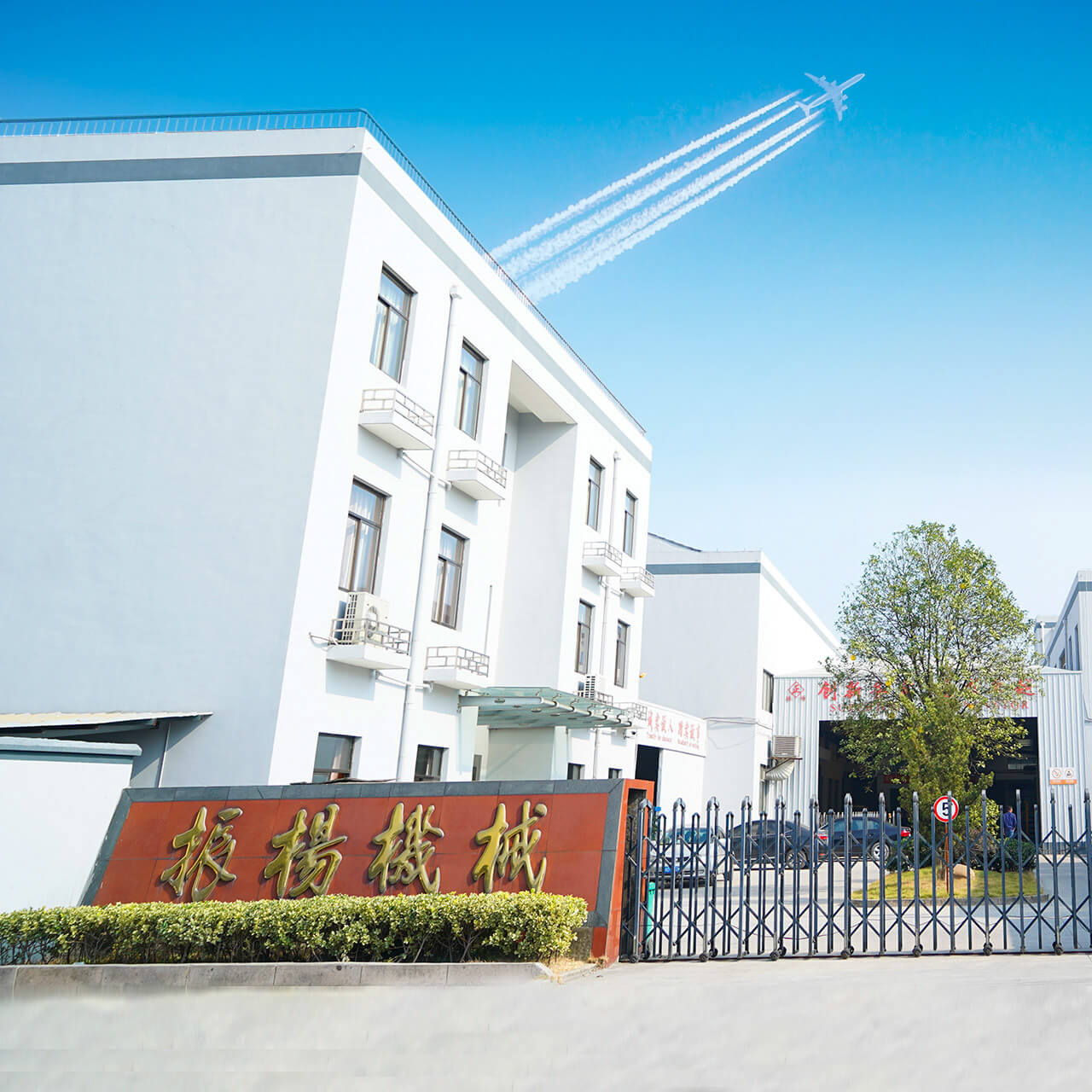Casting textile knitting machinery parts refers to the manufacturing process of creating specific components of textile knitting machines using the casting technique. Casting involves pouring molten material, such as metal or alloy, into a mold to obtain the desired shape and form of the part. In the context of textile knitting machinery, various components like gears, pulleys, cylinders, frames, and other intricate parts can be produced through casting. The casting process allows for the creation of complex shapes and provides flexibility in material selection, enabling the production of durable and precise parts for textile knitting machines.
What are the advantages of casting in the manufacturing of textile knitting machinery components?
Casting offers several advantages in the manufacturing of textile knitting machinery components. Some of these advantages include:
Design Flexibility: Casting allows for the production of complex and intricate shapes that may be difficult or costly to achieve through other manufacturing processes. This flexibility in design enables the creation of customized parts tailored to the specific requirements of textile knitting machinery.
Material Versatility: Casting provides a wide range of material options for textile knitting machinery components. Metals such as aluminum, iron, and steel, as well as various alloys, can be used in the casting process. This versatility allows manufacturers to select materials with desirable properties such as strength, durability, and heat resistance, ensuring optimal performance of the machinery.
Cost-Effectiveness: Casting can be a cost-effective manufacturing method for textile knitting machinery components. The process allows for the production of multiple parts simultaneously, reducing production time and labor costs. Additionally, the ability to recycle and reuse excess casting materials contributes to cost savings.
Dimensional Accuracy: Casting techniques, such as investment casting or precision casting, can achieve high dimensional accuracy and tight tolerances in the manufactured parts. This ensures proper fit and compatibility of the components within the textile knitting machinery, minimizing issues related to alignment or assembly.
Strength and Durability: Casted parts for textile knitting machinery often exhibit excellent mechanical properties. The solid and dense nature of castings provides strength, durability, and resistance to wear, allowing the components to withstand the stresses and demands of the knitting process over an extended period.
